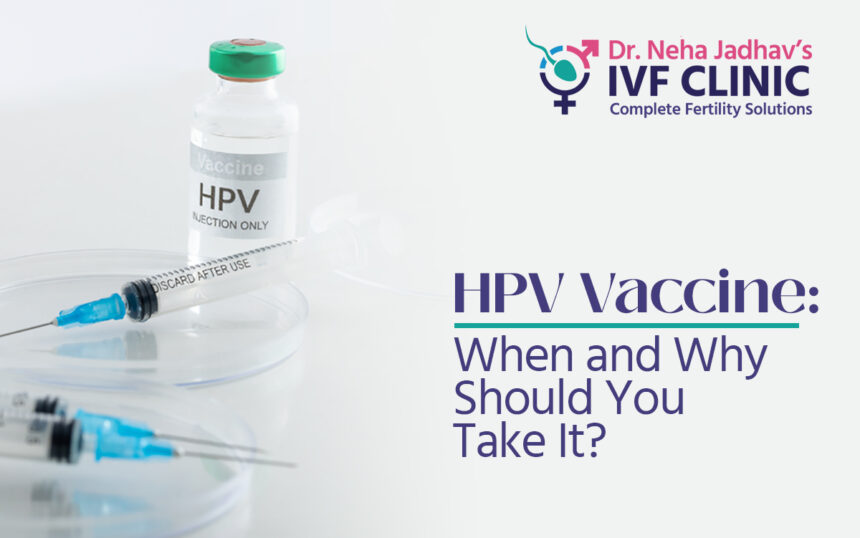
HPV Vaccine: When and Why Should You Take It?
Human Papillomavirus (HPV) is one of the most common sexually transmitted infections in the world. It is linked to various cancers, including cervical, throat, and anal cancers. The good news is that the HPV vaccine can protect against many types of HPV and reduce the risk of these cancers. In this article, we will discuss when and why you should get the HPV vaccine.
What is HPV?
HPV is a virus that affects the skin and mucous membranes. There are over 100 different types of HPV, some of which can lead to cancers or genital warts. The high-risk types of HPV are particularly concerning, as they can cause cervical cancer in women and contribute to other cancers in both men and women.
When Should You Get the HPV Vaccine?
The HPV vaccine is recommended for both boys and girls at the ages of 11 to 12 years. Ideally, it is administered before any potential exposure to the virus through sexual activity. However, the vaccine can still be beneficial for older individuals, particularly those up to 26 years of age.
For adults aged 27 to 45, the vaccine is not routinely recommended unless they are at high risk of HPV exposure, such as individuals with multiple sexual partners or those with weakened immune systems. In such cases, a healthcare provider may discuss the potential benefits of vaccination.
Why Should You Get the HPV Vaccine?
- Prevention of Cancer
One of the most compelling reasons to get the HPV vaccine is its ability to prevent cancers linked to HPV. The vaccine protects against the most common high-risk HPV strains responsible for causing cervical, anal, or throat cancer. Vaccination can dramatically reduce the incidence of these cancers and save lives. - Protection Against Genital Warts
In addition to cancer prevention, the HPV vaccine also protects against genital warts, a common and uncomfortable condition caused by some low-risk strains of the virus. - Safe and Effective
The HPV vaccine has been extensively studied and proven to be both safe and effective. It is given as a series of two or three doses, depending on the age at which the first dose is administered. The vaccine has been shown to be highly effective in preventing HPV infections and their related health complications. - Long-Term Protection
Once vaccinated, individuals are provided long-lasting protection against the HPV types covered by the vaccine. This means that getting vaccinated early in life can offer lifelong protection against the virus. - Reducing the Burden on Healthcare Systems
By preventing HPV-related cancers and diseases, vaccination reduces the healthcare burden associated with treating these conditions. It lowers the number of cervical cancer cases, which require expensive and extensive medical treatments, and also reduces the emotional and financial impact on families.
Conclusion
The HPV vaccine is an important step in protecting yourself and others from serious health conditions, including cancer and genital warts. It is most effective when given at the recommended age of 11-12 years but can still offer benefits to older individuals. By choosing to get vaccinated, you not only protect your health but also contribute to reducing the prevalence of HPV-related diseases in society.
Consult your healthcare provider for more information on the HPV vaccine and to determine the best time to get vaccinated. Don’t wait—protect yourself today!
